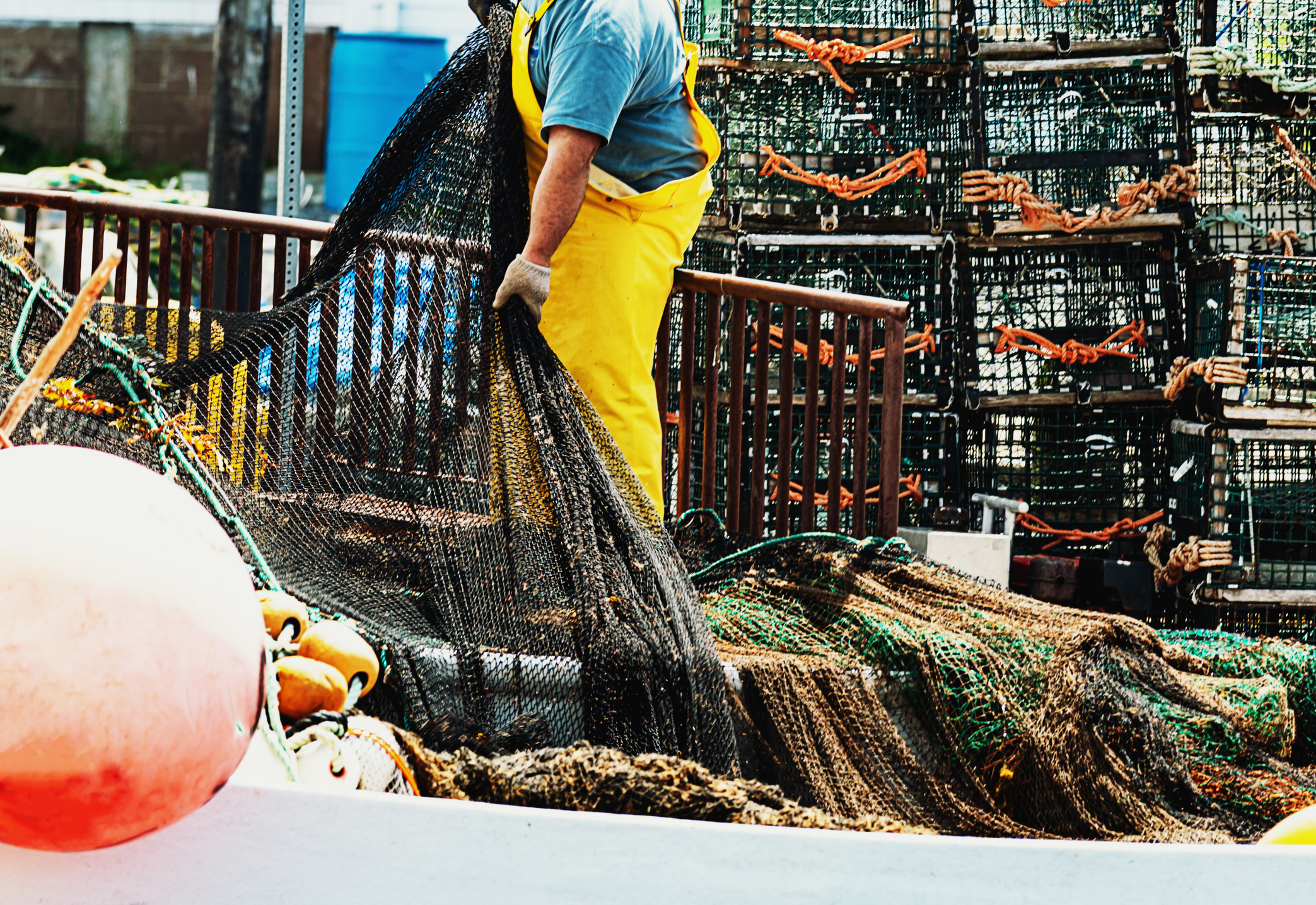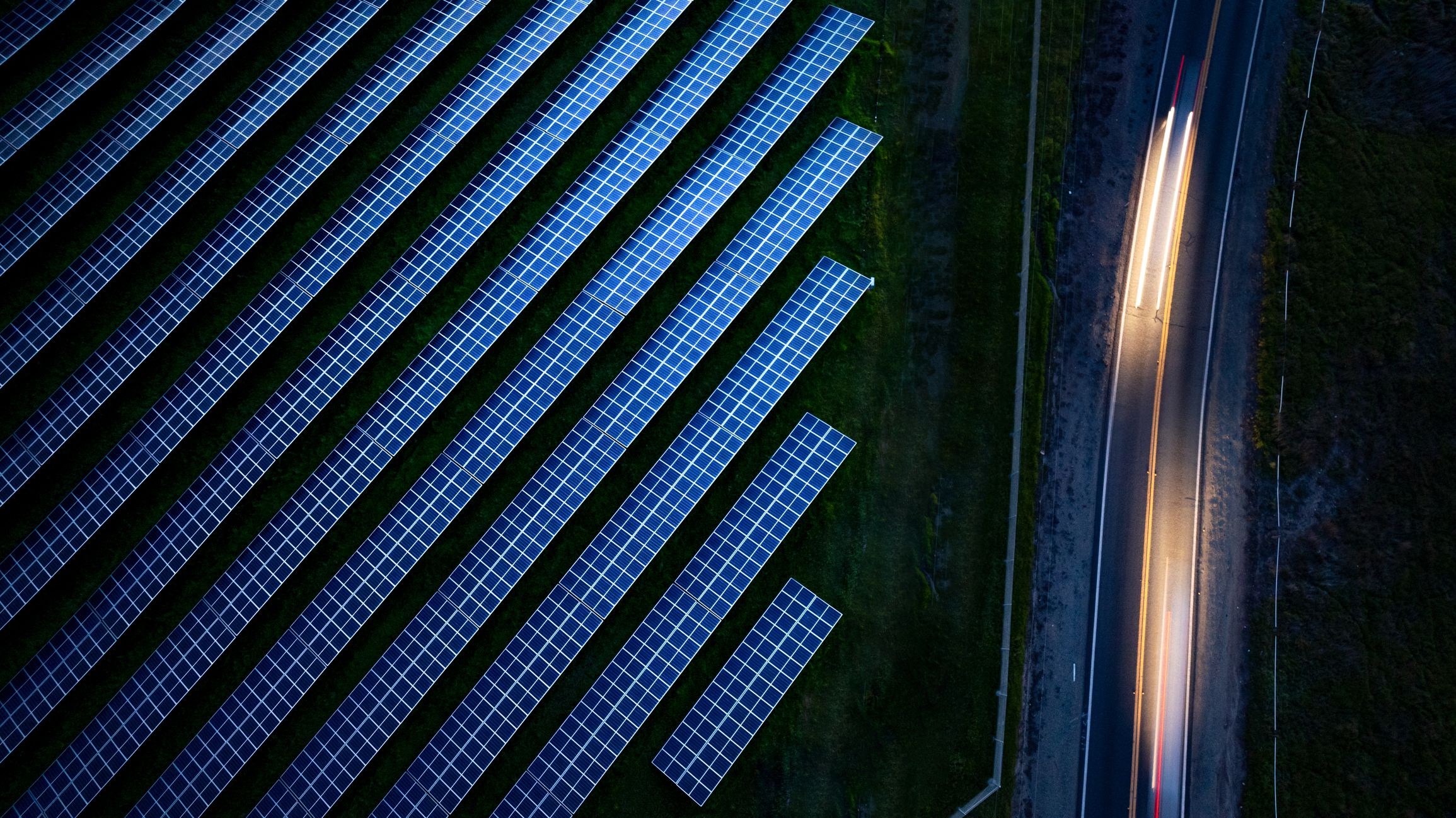News & Research
Read our latest research, policy analysis and commentary
Our publications are available to all at no cost. Please support the CCPA and help make important research and ideas available to everyone. Make a donation today.
-

Internal trade stunt puts Canada’s inshore fisheries at risk
Canada’s deleted CFTA fisheries exception Sector: FisheriesSub-Sector: Fishing; services incidental to fishing Industry Classification: CPC 04, 882 Type of Exception: Article 201 (Non-Discrimination), Article 301 (Right of Entry…
-

Canada’s fight over digital sovereignty is just getting started
U.S. President Donald Trump and former Brazilian President Jair Bolsonaro are both infamous for their unfiltered and disinformation-laden use of social media. This routine spreading…
-

The Ottawa region’s student housing is a disaster
Ottawa is in the midst of a student housing crisis that, despite its severity, is rendered nearly invisible in public discourse. While media coverage often…
-

Now is the right time for green industrial strategy
The following is a re-print of the June 2025 edition of Shift Storm, the CCPA’s monthly newsletter which focuses on the intersection of work and…
-

Remembering Paul Martin’s disastrous 1995 federal budget
A few short years ago, we were talking about how to “build back better” from the devastation of the pandemic. Today, in the midst of…
-

It’s time to rethink Canada’s approach to U.S. trade negotiations
July 21 was supposed to be Canada’s deadline to secure a new trade and security agreement with the United States. What it got instead was…
-

To stop Gaza genocide, Canada must escalate pressure on Israel
Canadian companies, with the approval of the Canadian government, are supplying military equipment for Israel’s genocide of Palestinians in Gaza.
-

Federal government cuts are a gift to Canada’s authoritarian populists.
For cuts this is deep, it would require across-the-board job losses and major service reductions. In other words, if it proceeded it would represent a…
-

Potential cuts to Women and Gender Equality Canada could take us back to the Harper days
On April 28, women voters delivered a major victory for the Liberal party, turning around the electoral fortunes of a party that had been trailing…
-

A stiff price to pay: Predicting federal job losses due to Carney’s cuts
The newly elected federal government has promised major military spending increases and tax cuts. To pay for it, the government is seeking 15 per cent…
-

Fact sheet: The Golden Dome and Canada
The United States has proposed to develop the “Golden Dome,” the most ambitious missile defence system ever envisioned. The aim is to build a multi-layered…
-

Time for a real poverty reduction strategy in Ontario
The word “poverty” has been conspicuously absent from the Ontario government’s 2025 budget and any plans to “protect Ontario” from tariff-related uncertainty. This is bad…
Updates from the CCPA
Read the latest research, analysis and commentary on issues that matter to you.
CCPA Updates